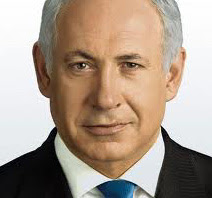Mabrouk Wadi Rahhal
Today, Friday 14th May, the small farming village of Wadi Rahhal, just south of Bethlehem, held its first demonstration against the theft of its lands by the massive Jewish colony/settlement of Efrat. In particular, the villagers were objecting to the planned encroachment of the apartheid wall to within 30 metres of the village school. Regular incursions by armed settlers and Israeli troops have not previously brought forth this kind of response from the village.
It is in this central region that the cancerous growth of settlements is most noticeable. Lands annexed to various settlements have come close to splitting the West Bank in two, making a future, contiguous Palestinian state an impossibility. The Wall, both built and planned, completely ignores the "Green Line", the previously accepted eastern border of the Israeli state.
Today's demonstration was organised by the National Committee of Wadi Rahhal and is intended to become a regular event. It was supported by villagers from nearby Beit Ummar, together with a small group of Israeli activists and Australian, Canadian and United States supporters from the International Solidarity Movement and the Palestine Solidarity project. A notable feature was the number of school children marching alongside their elders.
The well-organised group of 70 to 80 demonstrators marched to within metres of Efrat's present boundary, where they were met by a heavily-armed squad of Israeli Occupation Force soldiers. Leaders of the protest spoke in Arabic and Hebrew, announcing the peaceful and non-violent nature of the demonstration and appealing to the troops not to initiate a violent response. An international activist, speaking on behalf of the ISM, PSP and Israeli supporters present, affirmed their solidarity with the Palestinian people, who have endured 43 years of military occupation and called for three cheers for a Free Palestine. The demonstrators then dispersed, with no casualties suffered, ending a successful, peaceful and non-violent demonstration.
* Reporting live from Occupied Palestine

















